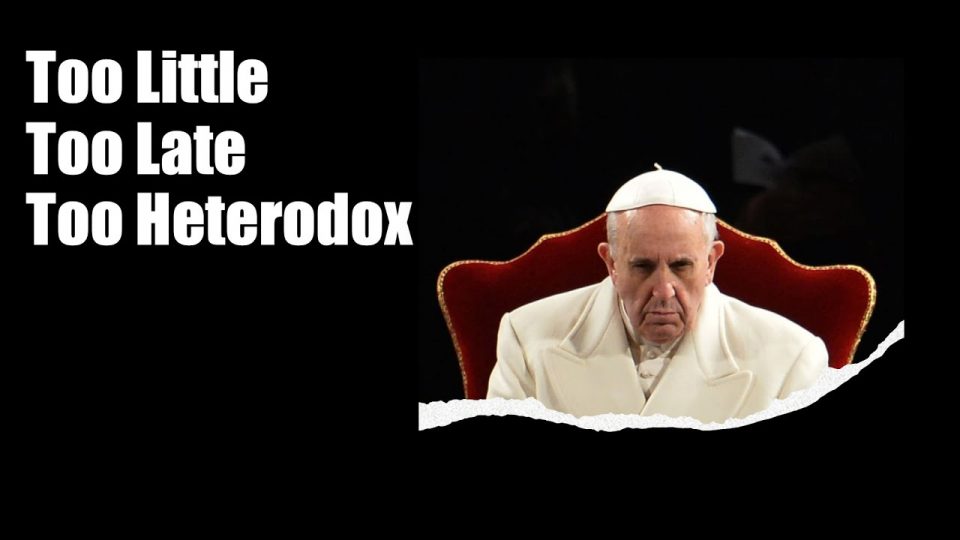Free Speech Depends On SCOTUS Rejecting The Government’s Censorship Excuses In Murthy v. Missouri, by Scott Street

The Catholic Answer to the Longing for ‘Wellness’, by Rebecca Wilson
March 14, 2024
The Bachall Isu—The Crozier of St. Patrick, by Phillip Campbell
March 15, 2024
Panorama of the west facade of United States Supreme Court Building at dusk in Washington, D.C., USA. 10 October 2011. This file is licensed under the Creative Commons Attribution-Share Alike 3.0 Unported license. Attribution: Joe Ravi. You are free: to share – to copy, distribute and transmit the work ....
By Scott Street, The Federalist, March 15, 2024
Scott Street is a Democratic lawyer and consultant in Los Angeles. He regularly writes about legal and political issues.




